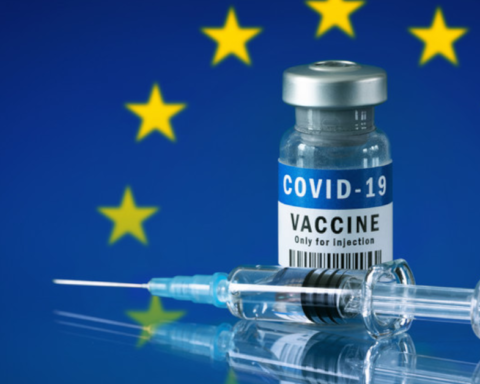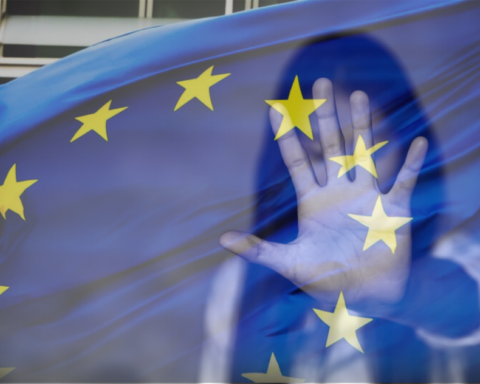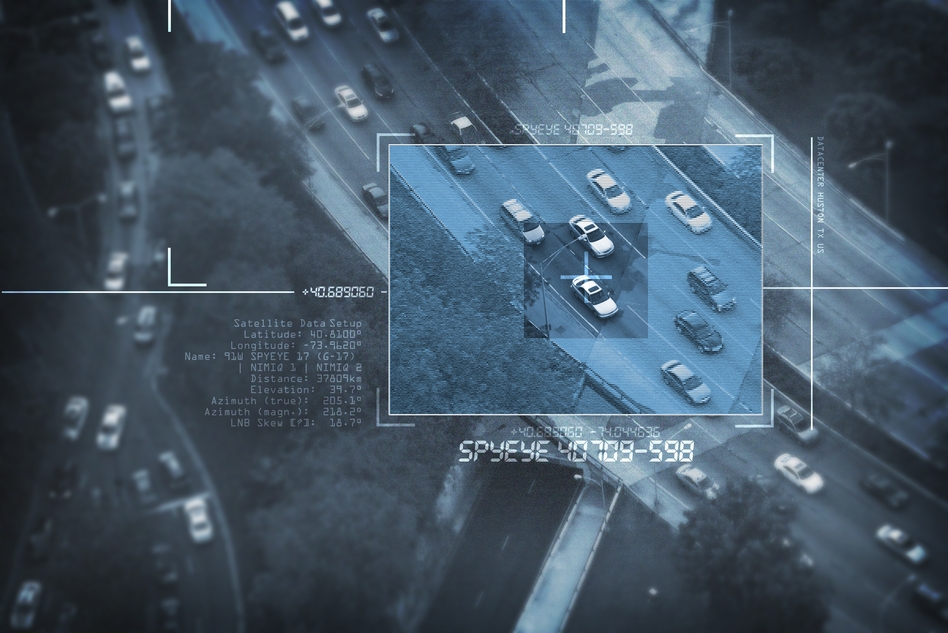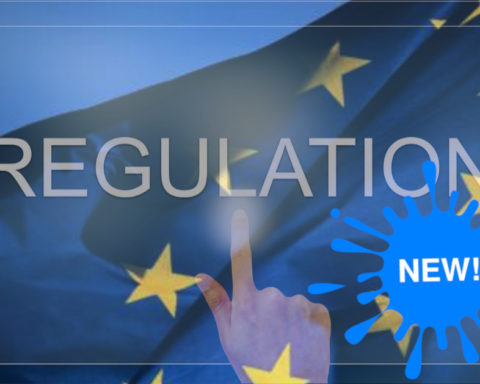
The EU Commission recently updated the EU list of dual-use items, through the adoption of its annual Delegated Regulation. This update follows the decisions taken within the different framework of the international non-proliferation regimes and export control arrangements in 2015, and comes after the publication of the new draft Dual-Use Regulation, which provides for the control of specific cyber-surveillance technologies through the adoption of a unilateral EU list.
By Olivier Coulon & Gerard Kreijen, 3 November 2016
The changes can be categorized on the basis of the international non-proliferation regimes they refer to:
- Wassenaar Arrangement: the majority of the changes stem from the Wassenaar Arrangement. These include updates of the control of laser measuring systems, and a new control for electronic equipment performing high-speed analogue-to-digital conversions. Some controls were removed from the list, such as those on aerospace/missile seals, some hydraulic fluids and underwater cameras;
- Missile Technology Control Regime (MTCR): several CAS numbers were added to the list of chemicals subject to control. Other changes include the addition of a new control for software for the operation and maintenance of guidance sets and a control on gel propellant rocket motors;
- Nuclear Supplier Group (NSG): a new control for laser measuring systems has been added;
- Australia Group: a new chemical and two viruses have been added to the control list. In addition, several viruses were renamed and the controls on biological equipment were reviewed.
The EU Commission also published a detailed summary to help navigate within the changes. The updated list of dual-use items will enter into force upon its publication two months after its adoption, unless the Council and/or the EU Parliament raise objections within the aforementioned period.
Authors of this post are :
- EU to Amend Union General Export Authorization in the Event of a No Deal Brexit - January 29, 2019
- Adoption of New EU Legislation and Recent National Cases in the Fight Against Chemical Weapons - October 24, 2018
- Shipping Criminal Liability: the Difficult Position of the Transportation & Logistics Sector - January 4, 2018







